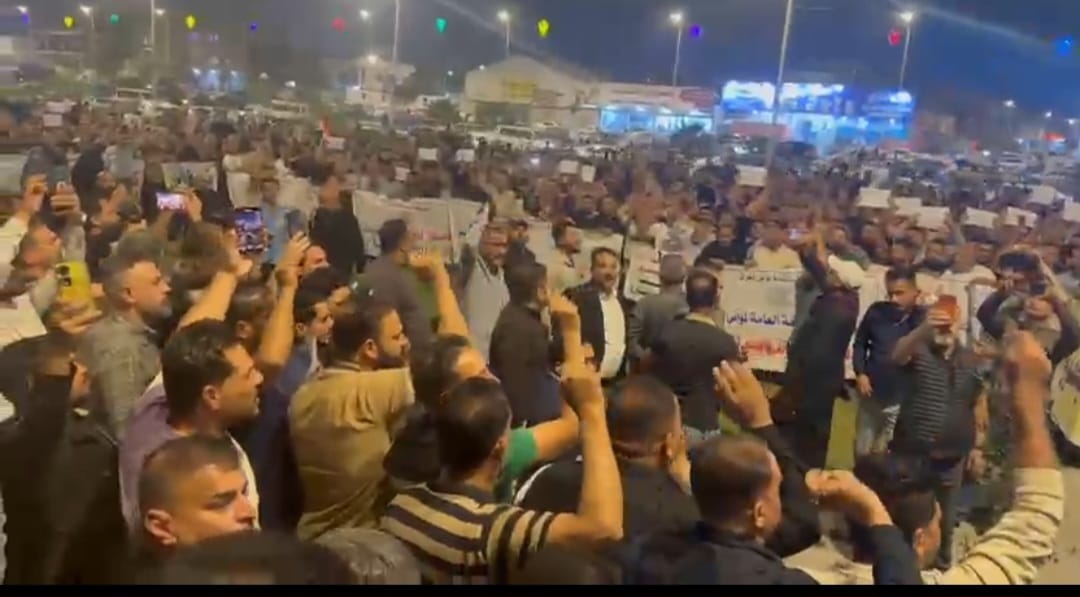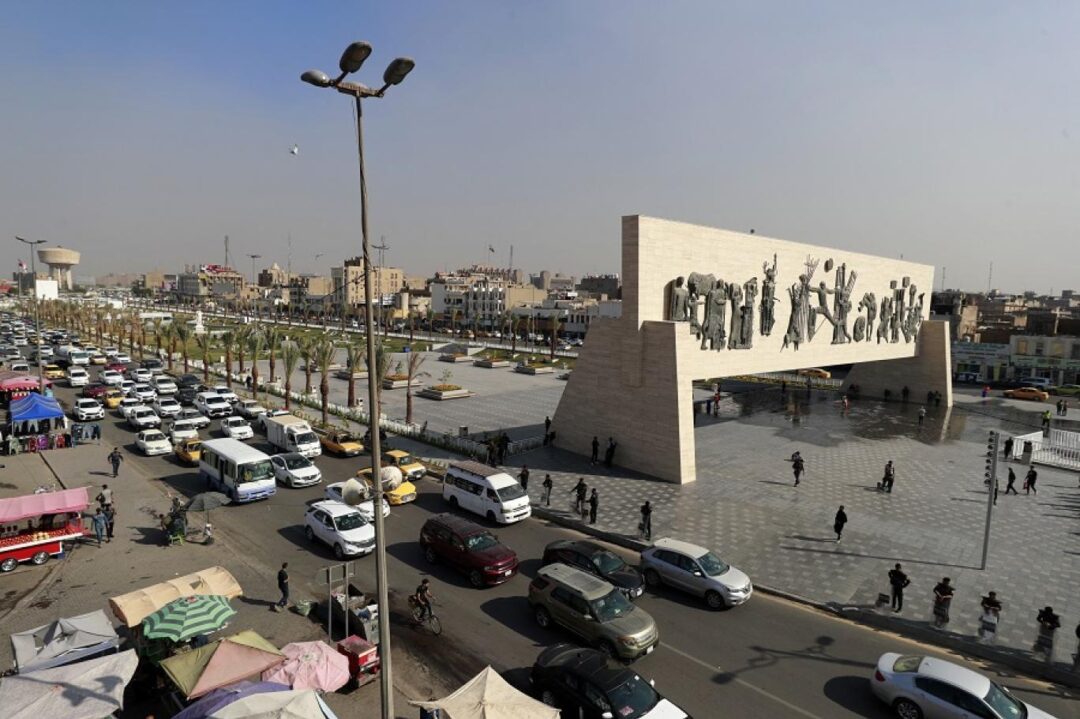Rural Areas, both globally and particularly in the Arab region, disproportionately concentrate the largest number of people living below the poverty line. For example, in Morocco, according to the 2013 World Development Indicators, 79% of the population living below the poverty line resided in rural areas of the country. In Tunisia, the National Institute of Statistics counted 1,786,261 women living in rural areas in 2017, accounting for 32% of all Tunisian women and 50.4% of the rural population.
While nearly 43% of agricultural workers worldwide are women, according to estimates from the Food and Agriculture Organization of the United Nations, rural women and girls face difficulties in accessing land, financing, training, inputs, and equipment, which hinder their ability to produce effectively, achieve financial stability, ensure food security, or grow their small businesses. According to the same UN agency, 100 to 150 million people worldwide could be shielded from food crises and the impacts of climate change if rural women had access to the same productive resources as men. However, this goal remains challenging to attain, given that, for example, women represent only 15% of all landowners globally, while approximately 68% of women living in extreme poverty work in agriculture (according to data from the International Labour Organization, ILO).
In health or economic crises, rural women are often more severely affected than men, impacting various aspects of their lives, including food security, nutrition, lack of time, access to healthcare, economic opportunities, and gender-based violence. Social isolation, lack of quality information, and limited access to technology are additional sources of difficulties, hindering the improvement of their working and living conditions.
International Day of Rural Women, celebrated on October 15th each year, is an opportunity to address the challenges faced by these women. Their empowerment, rooted in international conventions such as the Convention on the Elimination of All Forms of Discrimination Against Women (CEDAW) and the 2030 Sustainable Development Goals (SDGs), is crucial for achieving gender equality and true eradication of poverty and hunger.
In this context, the Executive Secretary of the Arab Trade Union Confederation (ATUC), Hind Benammar, stated: “On this Day, we want to remind that historically, rural women, especially in the Arab region, have always been the most socially and economically discriminated. Poverty, illness, forced and early marriage, lack of access to education, medical care, job security, etc., are unfortunately the harsh reality for these women.” Hind Benammar emphasized that the situation of rural women has always been at the heart of the concerns of the Arab trade union movement. “However, current legislation and geographical imbalances make it particularly difficult to unionize these women who represent 60% of agricultural workers according to the Arab Organization for Agriculture,” added the Executive Secretary of ATUC, emphasizing that unions must coordinate their efforts with civil society organizations working on this issue to help these women benefit from development outcomes and reduce deficiencies in infrastructure and local services, such as childcare. “Our ultimate goal is to ensure decent work for rural women and help them unionize,” concluded the Executive Secretary of ATUC.
It is worth noting that the UN has launched several global initiatives to empower rural women. The Initiative for Gender Equality and Women’s Empowerment, launched in 2012, aims to increase rural women’s access to productive resources and decent employment opportunities, while ensuring their decision-making role in governance. In the current context of the cost-of-living crisis exacerbated by recent disruptions in global markets, it is urgent to respond with urgency and innovation.
The few initiatives made since the early 2000s have been halted, and regressions are beginning to be witnessed. The health crisis and the outbreak of war in Ukraine have had a devastating impact on rural women. Disruptions in food, energy, and raw material markets caused by this conflict have intensified gender disparities, leading to increasing rates of food insecurity, malnutrition, and energy poverty.
In this context, investing in education, vocational training, and access to technology for rural women is crucial. This will strengthen their capabilities and enhance their participation in the economy. Empowering rural women is not only a moral goal but also an economic and social necessity. By removing barriers to their economic and social empowerment, it is possible to aspire to more equitable, inclusive, and prosperous societies for all.
As a pillar of sustainable development, these women represent a significant proportion of the global agricultural workforce. They play a crucial role in the sustainability of households and rural communities, significantly contributing to agricultural production, food security, nutrition, and the management of land and natural resources.




